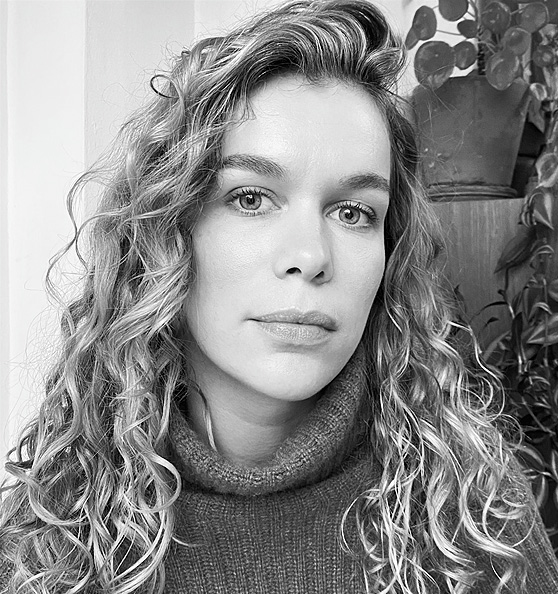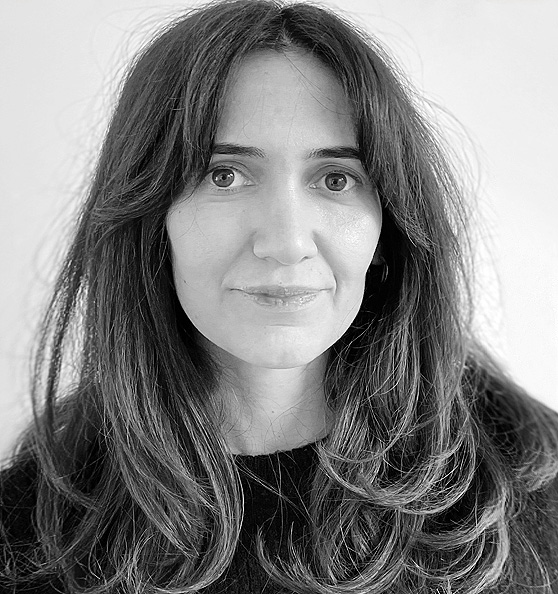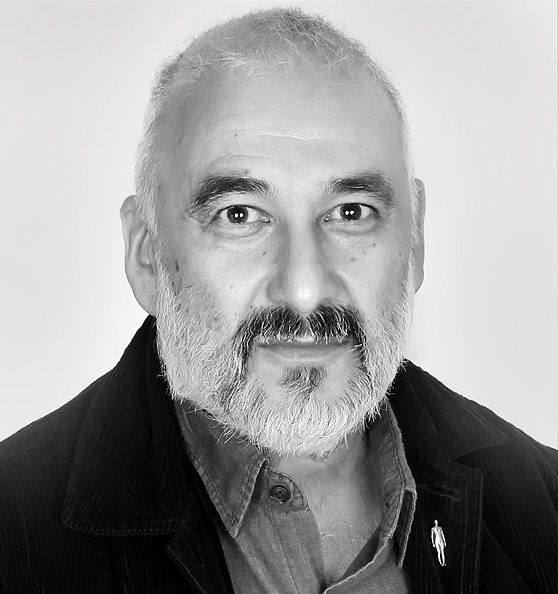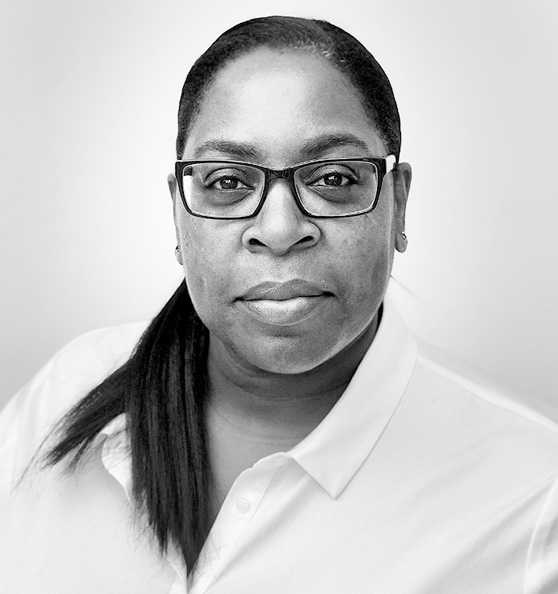What Are Bipolar And Mood Disorders?: ‘Mood disorders’ (or severe mood swings) describe a class of mental health conditions which primarily affect your emotions, causing persistent feelings which are inconsistent with your situation, and which interfere with your ability to function. Most mood disorders are characterized by a serious change in your personal mood that has a positive or negative valence which causes disruption to your daily life activities.
This can result in bouts of depression and feelings of negativity that can affect your whole well-being. Primarily, mood disorders are treated through a combination of applied medications and different psychotherapy modalities which are focused on changing thought patterns and behaviours.
Bipolar (which used to be known as manic depression) is a mood disorder in which you alternate between extreme high moods (mania or hypomania) and low moods (depression).
The three main types of bipolar (Bipolar I, Bipolar II and cyclothymia) differ in the presence, length and severity of manic and depressive episodes. A therapist can support you in getting the right diagnosis as well as helping you understand your condition, manage your symptoms and develop strategies to reduce emotional distress.







































